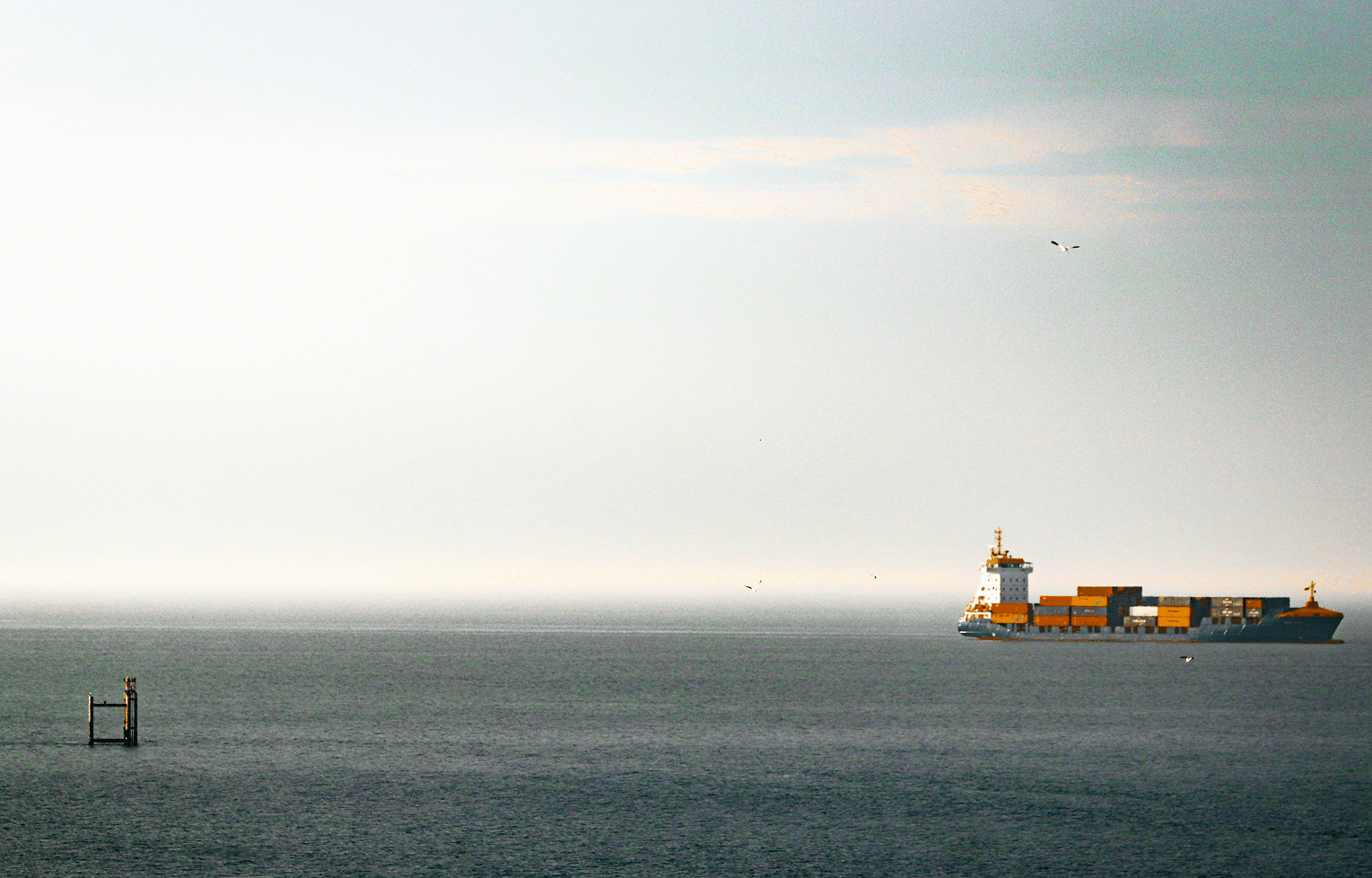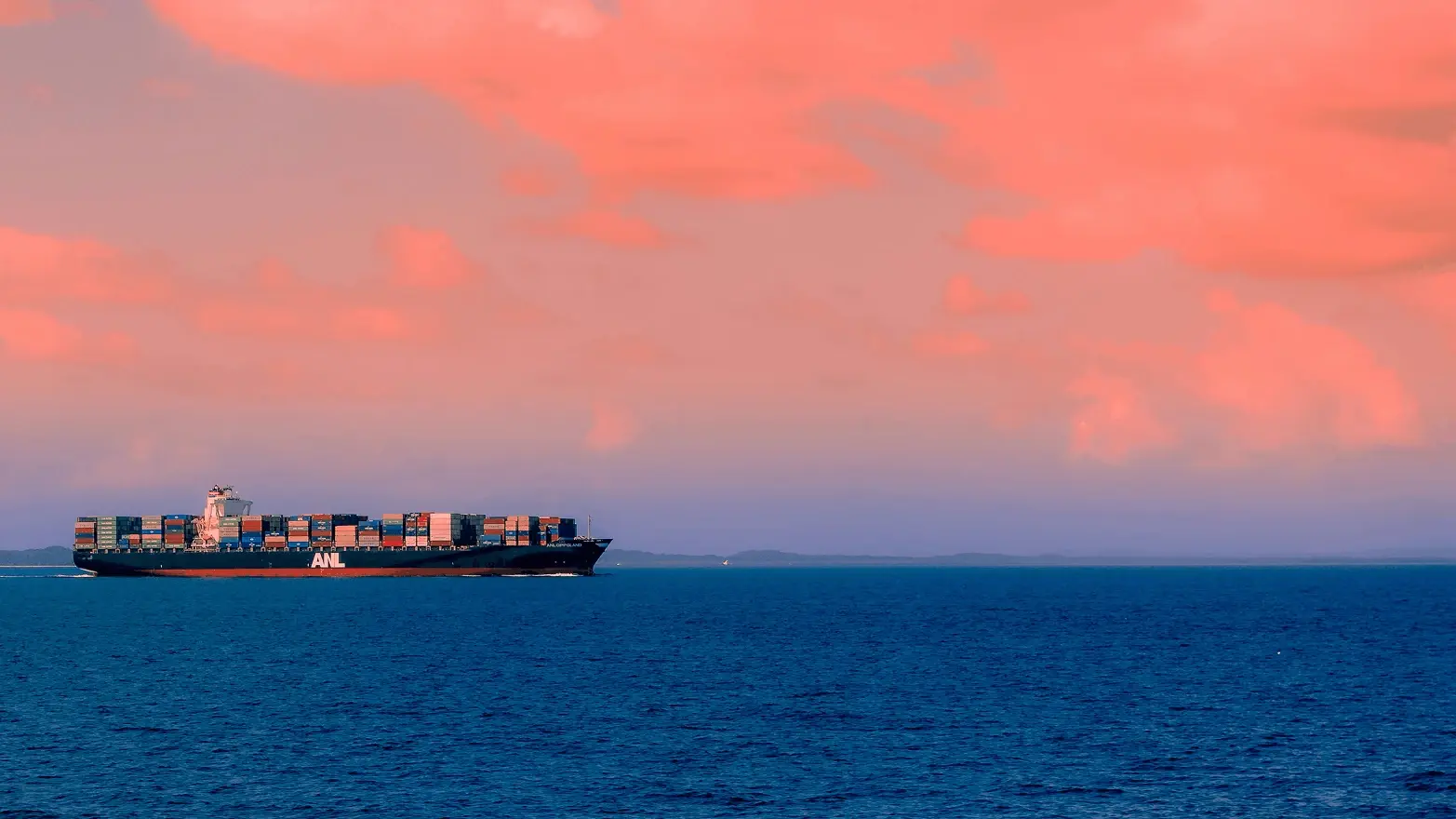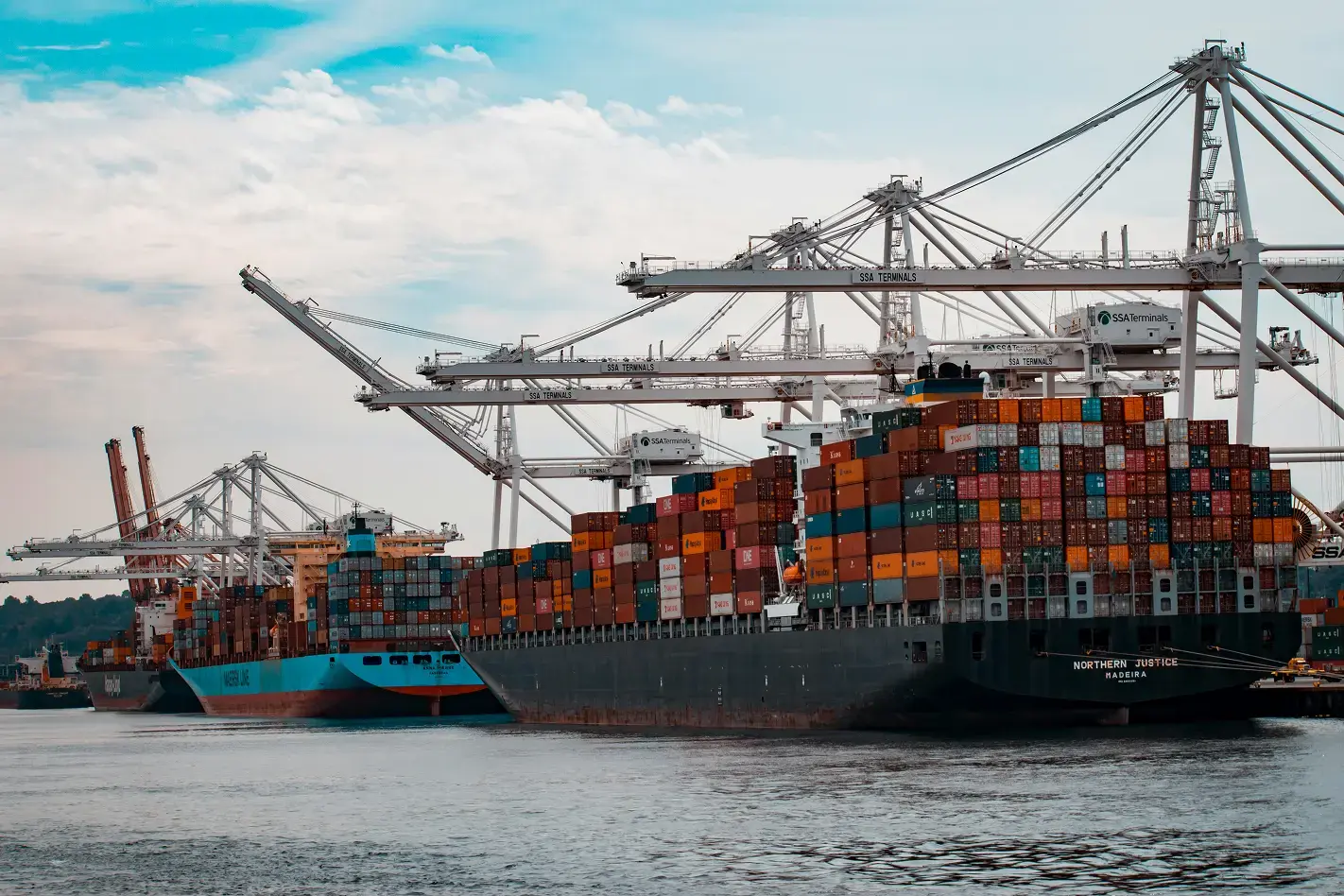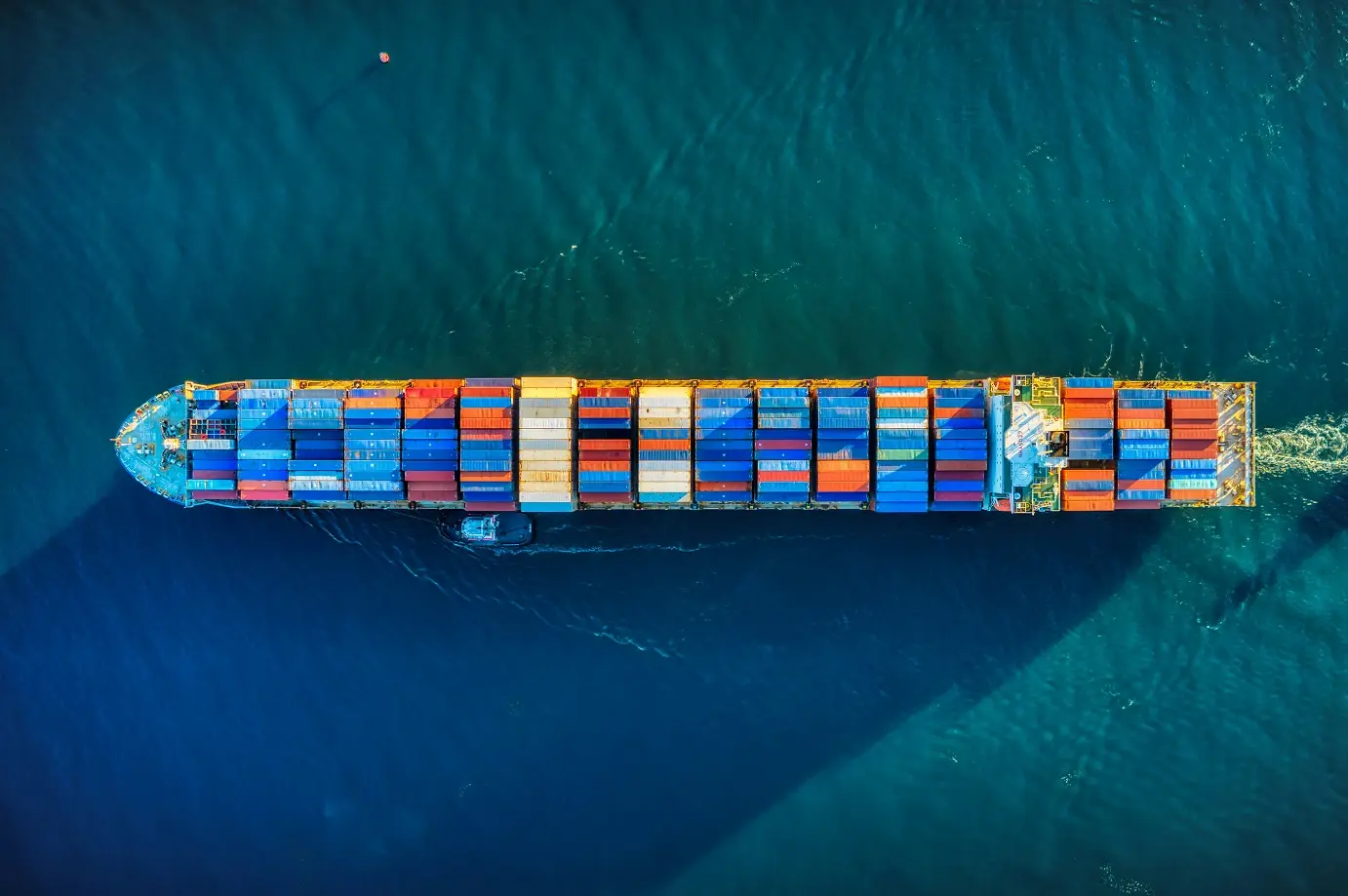
Why Freight Intelligence Matters After the Tender
For many BCOs, the freight tender is the main event of the year. Rates are negotiated, contracts are...

The latest data, released and analyzed by Xeneta and Marine Benchmark, shows the increase in emissions in 2024 is primarily a result of conflict in the Red Sea and longer sailing distances around the Cape of Good Hope as well as record high volumes.
There is an irony in the fact that the Red Sea conflict has also brought huge volatility in ocean container shipping rates, meaning tackling carbon emissions drops down the priority list for industry stakeholders at a time when it is breaking records for the wrong reasons.
Download this complimentary report and discover key insights including:
Why large ships emit most carbon – but are more energy efficient
Xeneta and Marine Benchmark have worked in partnership to produce this in-depth report on the factors behind the record-breaking carbon emissions in ocean container shipping during 2024.
Trusted by the world's biggest buyers & sellers of ocean & air freight

For many BCOs, the freight tender is the main event of the year. Rates are negotiated, contracts are...

Welcome back to Xeneta Schedule Reliability – A Year in Review. We’ve drilled down all the way from ...

This series of blogs by Erik Devetak – Xeneta Chief Technology and Data Officer – will explore key r...

Welcome to Xeneta’s Reliability Scorecard – a Year in Review. This week we’re wrapping up the best a...

The return of container shipping to the Red Sea is ramping up, but what does it mean for shippers ne...
.png)
As we hinted last week, the sideways shuffle of global schedule reliability in 2025 should not be ov...